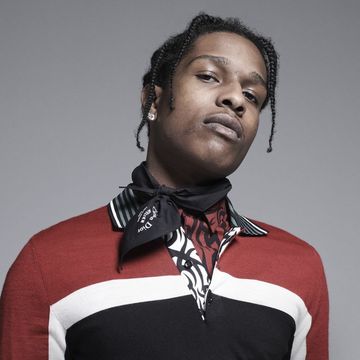You’ll probably only ever want to read one book on dialectical materialism, says Esquire's book critic David Mills, so make it The Frock-Coated Communist: The Revolutionary Life of Friedrich Engels (Allen Lane) by Tristram Hunt, out today.
Like Morecambe and Wise, Marx and Engels are one of those double acts in which the talent and reputation of one partner almost entirely overshadows the other. With this biography, the young telly-don Tristram Hunt sets out to show how unfair to Friedrich Engels this is and, with this meticulously researched and engaging book, he largely succeeds. He might not quite nail the complexly vivacious character of Engels, but he has certainly mastered the complex philosophies and political theories in a vividly engaging way.
Engels is a gloriously contradictory figure: the German socialist who worked in senior management for the family textile firm in Manchester; the advocate of revolution who rode with the grandest foxhunt in England; the pioneer theorist of feminism who was a persistent womaniser, once even accused of rape; the architect of communist theory who retired to a large house in expensive Primrose Hill and lived off his stocks and shares.
Hunt documents and explains his life and relationship with Marx magnificently, but is he too soft on Engels? Why did Engels find educated women so abhorrent and choose to spend his life with an illiterate factory hand, Mary Burns, moving her sister in after Mary’s death? By the time he died of cancer of the oesphagus in 1895, he had an extensive share portfolio valued at £22,600 (about £2.2million today) including various imperial investments. Engels was unapologetic: “One can perfectly well be at one and the same time a stock exchange man and a socialist and there detest and despise the class of stock exchange men.” Oh, yes? And how does that work then?
The full review is in the May issue of Esquire.









